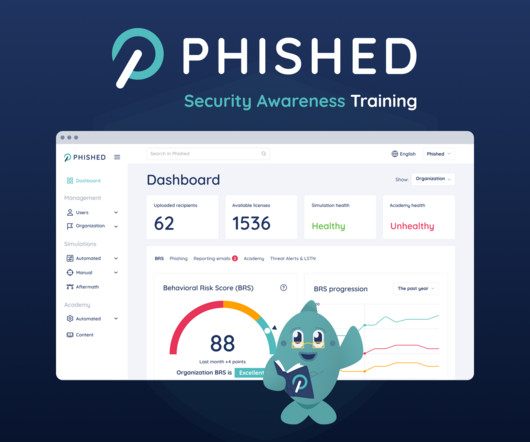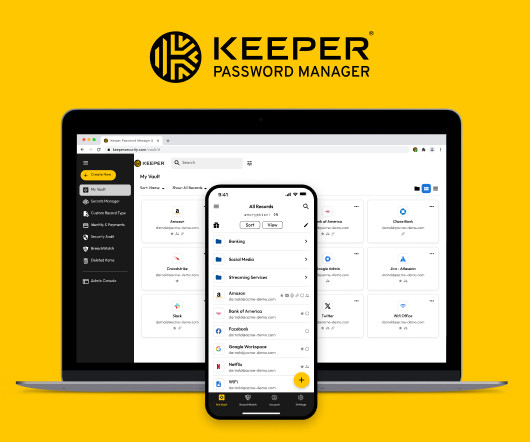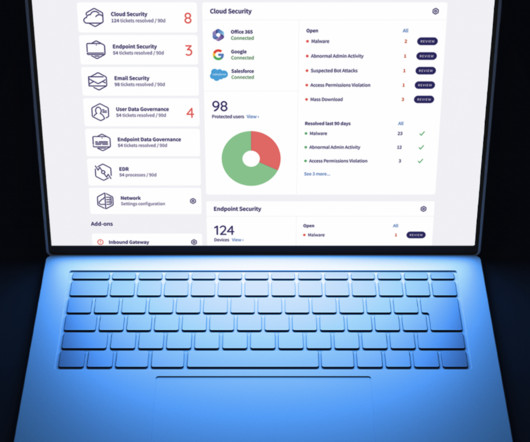773M Password ‘Megabreach’ is Years Old
Krebs on Security
JANUARY 17, 2019
My inbox and Twitter messages positively lit up today with people forwarding stories from Wired and other publications about a supposedly new trove of nearly 773 million unique email addresses and 21 million unique passwords that were posted to a hacking forum. A story in The Guardian breathlessly dubbed it “the largest collection ever of breached data found.” But in an interview with the apparent seller, KrebsOnSecurity learned that it is not even close to the largest gathering of s









































Let's personalize your content